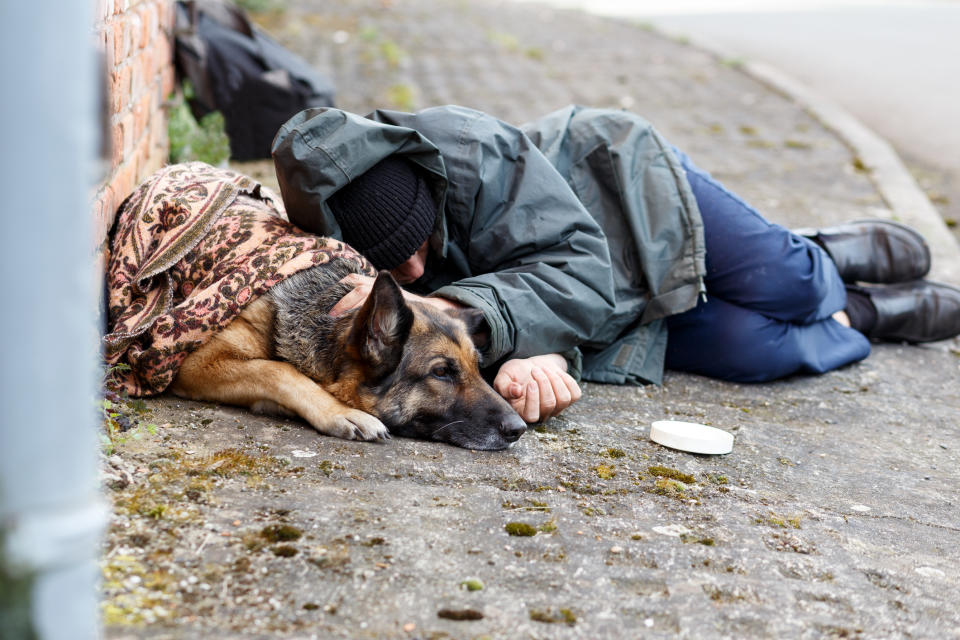‘It’s disturbing’: US town blasts ‘Baby Shark’ on repeat to drive homeless away

West Palm Beach has made headlines this morning after it was reportedly blasting popular - and repetitive - childrens’ songs like ‘Baby Shark’ all night long, to drive homeless people away.
A spokeswoman for the city, Kathleen Walter, said in a statement that the city played music overnight at the Waterfront Lake Pavilion to “discourage congregating at the building”, and to “encourage people to seek safer, more appropriate shelter,” CNN reported.
Also read: Community Housing Minister calls for ‘positive spin’ on homelessness
Also read: Is reintroducing inheritance tax the solution to our housing affordability crisis?
Also read: What will it take to fix homelessness in Australia?
But interim director of the National Coalition for the Homeless, Megan Hustings, slammed Walter’s claims for showing a “lack of concern for our community members who are struggling through a very tough time”.
Hustings said this response was “really immoral” and “disgusting”, adding: “We’re all humans, and we need to sleep”.
Is Australia just as bad?
Homelessness in Australia is a huge and difficult problem - and it has increased by 14 per cent in the years between 2011 and 2018.
Last year, the spotlight was on the Australian government’s harsh response to homelessness: hostile architecture.
Hostile architecture started popping up in Melbourne first, but has its way crept through the country. It looks like spikes raised on surfaces to prevent people lying down, or narrower perch-style bus stops for the same purpose.
It can be blocks separating benches into individual seats or even automatic sprinkler systems.
Just this month, community housing minister Luke Howarth said we needed to “put a positive spin” on homelessness because while there might be more homeless people, there’s less as a percentage of the overall population.
Those comments were blasted by Aussies as being “completely out of touch”, and showed the personal responsible for addressing the housing crisis has no concrete plans to fix the problem.
Has any country managed to fix the homelessness problem?
In most countries around the world, homelessness is rising as housing affordability plummets.
But there is one country that’s bucking the trend: Finland.
In Finland, the number of homeless people on the streets is steadily decreasing, and it’s all because of their ‘housing first’ policy.
This housing first policy is built on the principle that having a permanent home can make attending to health and social problems much easier.
There, homeless people are given permanent housing on a normal lease, which could be a self-contained apartment or a housing block with round-the-clock support.
They’ll pay rent and receive housing benefit, and depending on their income, they might contribute to the cost of the support services they receive. The rest is covered by local government.
What are those support services?
They can range from access to housing advisors to financial and debt counselling services.
It cost Finland around $400,610,000 to create new homes and hire 300 extra support workers, The Guardian reported. But while it costs money, the investment in ending homelessness pays back.
According to Juha Kaakinen, chief executive of the Y-Foundation, which provides housing to Housing First, the savings in terms of the services needed by one person can be up to $15,381 when compared to the costs that would result from that person being homeless.
Make your money work with Yahoo Finance’s daily newsletter. Sign up here and stay on top of the latest money, property and tech news.

 Yahoo Finance
Yahoo Finance 